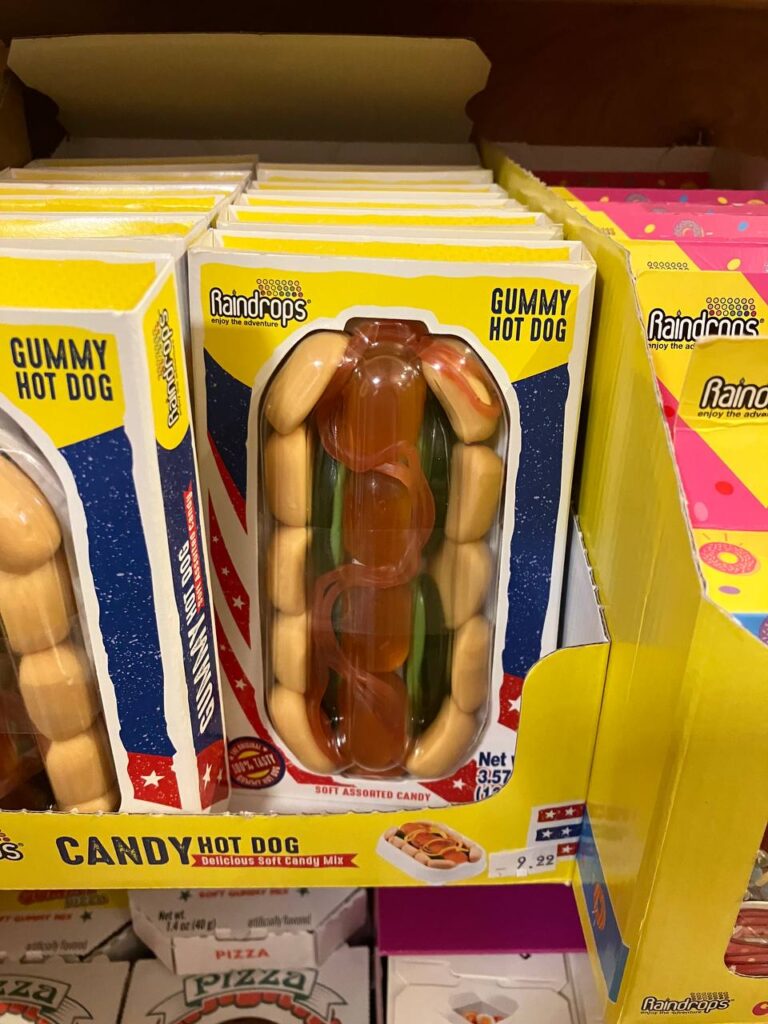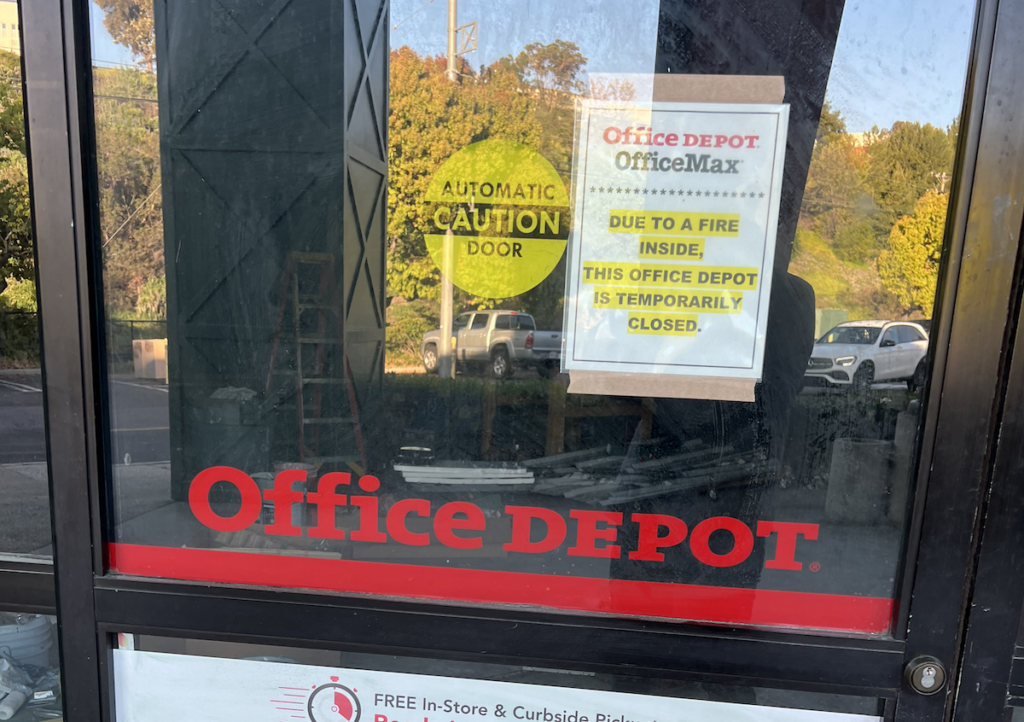In the last day there’s been a wave of Chase shutdowns that have swept through very specific parts of the community. All of the data-points I have suggest everyone shutdown has had two things conspiring against them in tandem:
- An account on their credit report listed as “Closed by issuer”
- A negative Ultimate Rewards balance (largely related to chargebacks)
From my perspective the likely timeline was: A negative Ultimate Rewards balance led to an analyst getting involved, the analyst soft-pulled a credit report and saw derogatory marks and applied a two-strikes rule, then the analyst queued the account for closure.
Some unsolicited advice when dealing with banks and rewards, Chase or otherwise:
- Don’t let your points balance or card balance go negative at statement close
- If one of those does go negative, transfer points and/or spend as necessary to get it non-negative
- Dispute away any derogatory remarks from your account (persistence will eventually pay off)
If you’re shutdown, know that a shutdown at Chase is generally better than a shutdown at other banks because with a little luck and good timing, you’ve got a points machine.
Have a nice weekend!

Pictured: The Chase shutdown wave hitting some unlucky manufactured spenders.






